Dutch Pot Pie: A Spicy Twist on a Classic Comfort Food
Table of Contents
Introduction to Dutch Pot Pie
If you're a fan of comfort food with a kick, then the Dutch pot pie is a must-try. This hearty dish has its roots in the Netherlands but has evolved into a beloved staple across many cultures. The key to its charm lies in the balance of spices that bring out the rich flavors of the filling—whether it's meat, vegetables, or a mix of both.
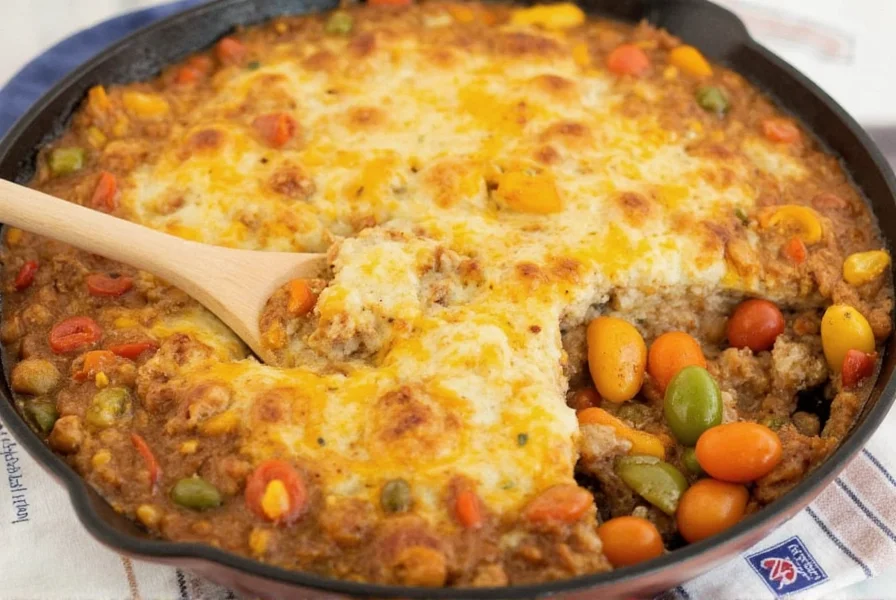
The Dutch pot pie is more than just a meal; it's a tradition. In the Netherlands, it's often served during festive occasions, family gatherings, and even as a cozy dinner on a cold evening. But what really sets it apart is the use of spices that elevate the flavor profile without overwhelming the taste. Whether you're a seasoned chef or a home cook looking to experiment, this dish offers endless possibilities for customization.
Spice Basics for the Perfect Dutch Pot Pie
Spices are the secret weapon behind a delicious Dutch pot pie. They not only add depth and complexity to the dish but also help balance the richness of the ingredients. Here’s a breakdown of the most commonly used spices and their roles:
| Spice | Flavor Profile | Role in Dutch Pot Pie |
|---|---|---|
| Cumin | Earthiness, warmth | Enhances the savory notes of meat fillings |
| Paprika | Sweetness, smokiness | Deepens the color and adds a subtle heat |
| Garlic Powder | Pungency, umami | Boosts the overall flavor and aroma |
| Onion Powder | Sweetness, sharpness | Complements the other spices and enhances the filling |
| Black Pepper | Heat, complexity | Adds a nice bite and balances the sweetness |
These spices work together to create a harmonious blend that makes the Dutch pot pie truly stand out. However, it's important to remember that less is often more. Over-spicing can mask the natural flavors of the ingredients, so always start with a small amount and adjust to taste.
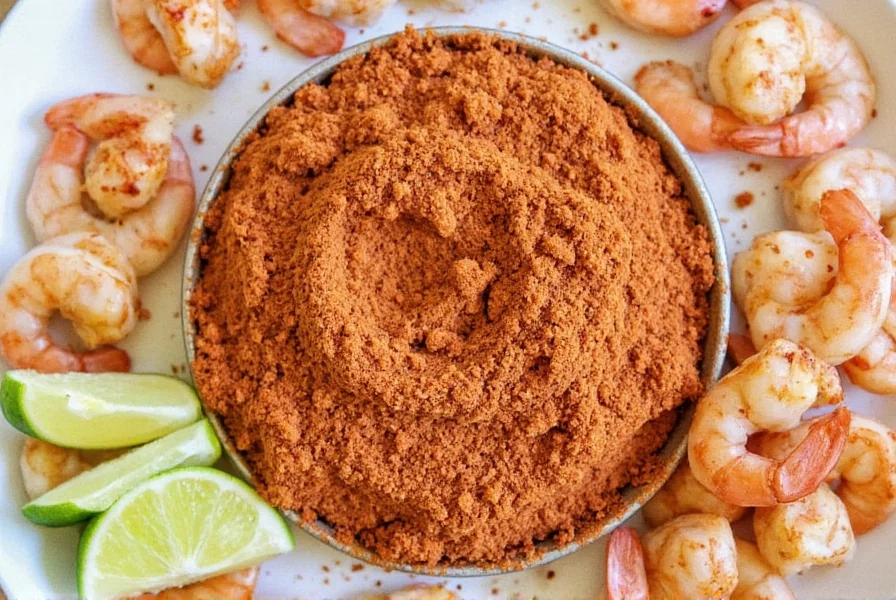
Practical Tips for Making Dutch Pot Pie
Making a Dutch pot pie may seem intimidating at first, but with a few simple tips, you'll be able to master it in no time. Here are some practical steps to ensure your Dutch pot pie turns out perfectly every time:
- Use a good crust: The crust is the foundation of any great pot pie. Make sure it's flaky, buttery, and slightly crisp on the outside. You can either make it from scratch or use a store-bought option for convenience.
- Don't overfill: While it might be tempting to pack in as much filling as possible, overfilling can lead to a soggy crust. Aim for a ratio of about 3 parts filling to 1 part crust.
- Season well: As mentioned earlier, spices are crucial. Don’t skip them! Season your filling generously with a mix of salt, pepper, and your favorite spices.
- Bake at the right temperature: Most Dutch pot pies bake at around 375°F (190°C). Make sure your oven is preheated and check the pie halfway through to ensure even cooking.
- Let it rest: After baking, allow the pie to cool for a few minutes before slicing. This helps the filling set and prevents it from spilling out when you serve it.
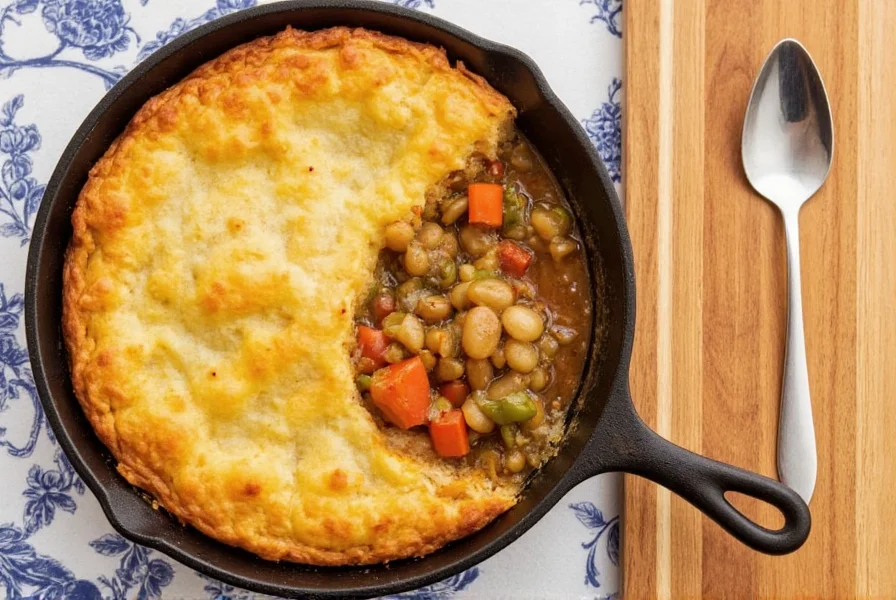
Another tip to consider is using a combination of fresh and dried herbs. Fresh thyme or rosemary can add an extra layer of flavor, while dried herbs like oregano or basil can provide a more intense taste. Experiment with different combinations to find your perfect flavor profile.
Buying Guide: Ingredients and Tools
To make the best Dutch pot pie, you’ll need quality ingredients and the right tools. Here’s a detailed buying guide to help you choose the best options:
Ingredients
For the filling, you'll typically need:
- Meat (chicken, beef, or pork)
- Vegetables (carrots, potatoes, onions, peas)
- Broth or stock
- Spices (cumin, paprika, garlic powder, onion powder, black pepper)
- Butter or oil for sautéing
For the crust:
- All-purpose flour
- Butter or shortening
- Salt
- Water
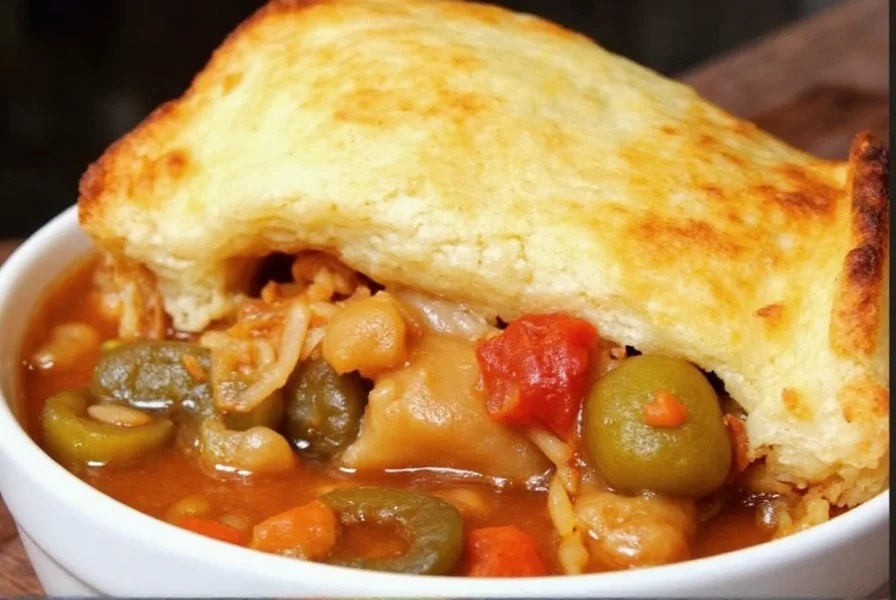
Tools
Here are some essential tools to have on hand:
- Large skillet or saucepan: For cooking the filling.
- Pastry blender or food processor: To mix the crust ingredients.
- Rolling pin: For rolling out the crust.
- Pie dish: A deep-dish pie plate works best for Dutch pot pie.
- Oven thermometer: To ensure accurate baking temperatures.
Recommended Products
Here are some products that are ideal for making Dutch pot pie:
1. All-Purpose Flour (King Arthur Flour)
Perfect for making a light and flaky crust. It’s finely milled and easy to work with.
Features: High gluten content, consistent quality, versatile for multiple recipes.
Advantages: Produces a sturdy crust that holds up well to the filling.
Use Cases: Baking, pastry making, bread baking.
Target Audience: Home bakers and professional chefs.
Suitable Occasions: Family dinners, holiday meals, weekend baking sessions.
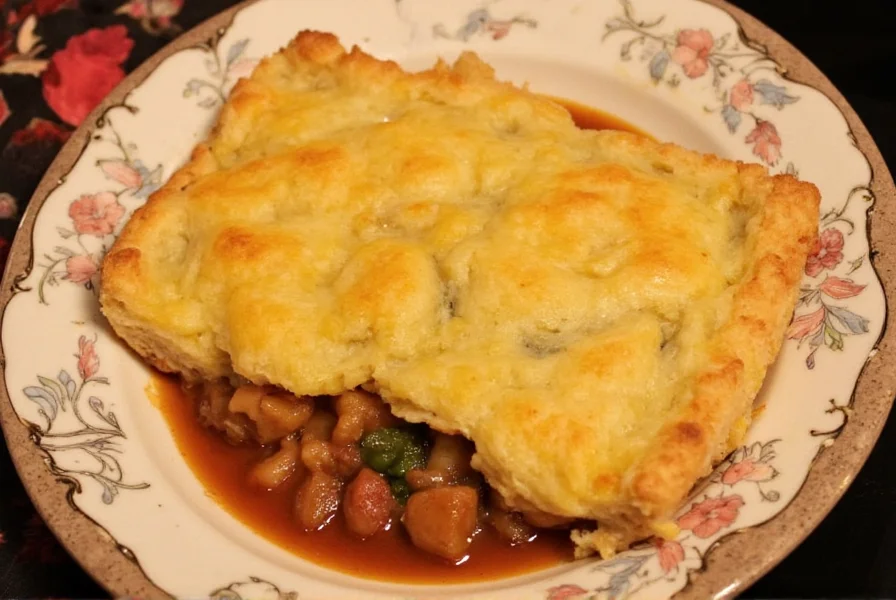
2. Dutch Oven (Le Creuset)
A durable and heat-retentive pot that’s perfect for simmering the filling. Its enamel coating ensures even cooking and easy cleanup.
Features: Cast iron construction, vibrant colors, heat retention.
Advantages: Ideal for slow-cooking, retains moisture, evenly distributes heat.
Use Cases: Stewing, braising, roasting.
Target Audience: Cooking enthusiasts and serious home cooks.
Suitable Occasions: Weeknight dinners, camping trips, large family gatherings.
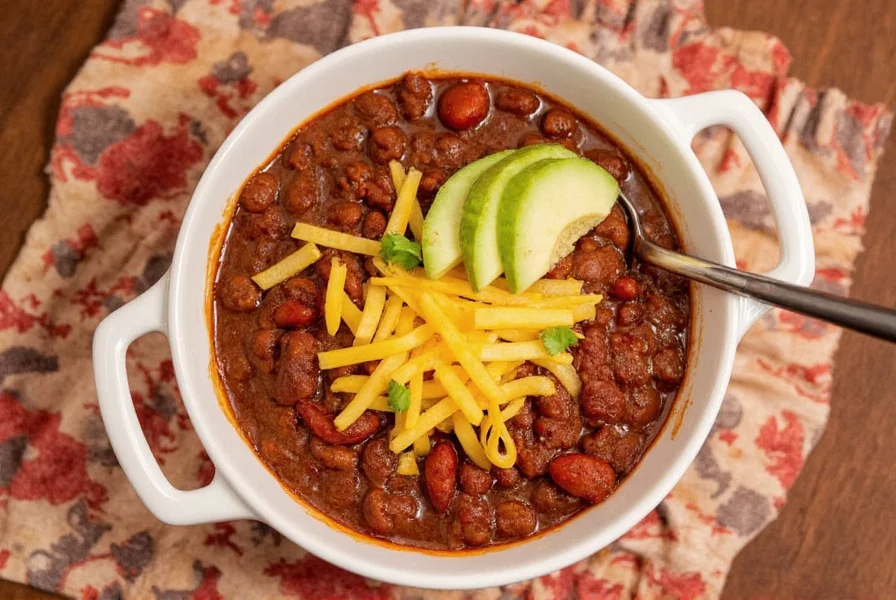
3. Crust Enhancer (Mazzer Crust Enhancer)
This product helps create a crisp, golden crust by adding a bit of fat and enhancing the texture.
Features: Butter-based, easy to apply, improves crust appearance.
Advantages: Adds a professional touch to homemade crusts.
Use Cases: Baking pies, tarts, and pastries.
Target Audience: Bakers who want a better crust without extra effort.
Suitable Occasions: Holiday baking, special occasions, everyday desserts.
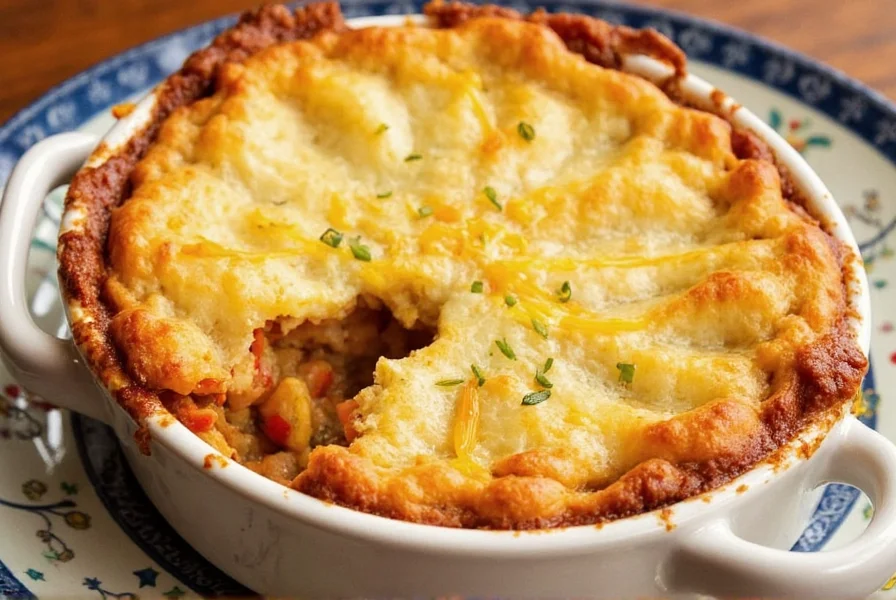
Conclusion
In conclusion, the Dutch pot pie is a delightful and flavorful dish that brings together the best of comfort food and spice. Whether you’re a seasoned chef or a home cook, there’s something about this dish that feels both familiar and exciting. With the right balance of spices, a well-prepared crust, and quality ingredients, you can create a Dutch pot pie that will impress everyone at the table.
Remember, the key to a great Dutch pot pie lies in the details. From choosing the right spices to mastering the crust, every step contributes to the final result. So, don’t be afraid to experiment and find your own unique twist on this classic dish. Happy cooking!
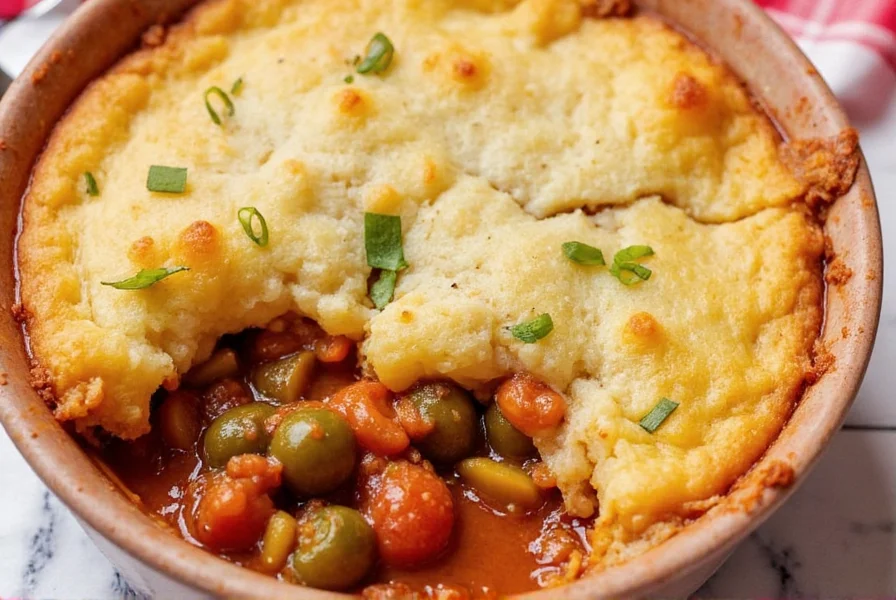

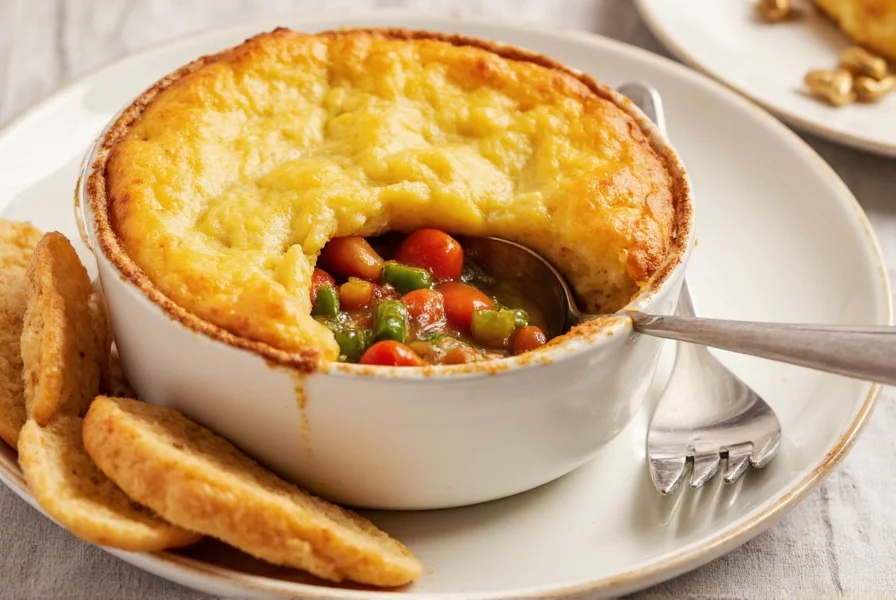









 浙公网安备
33010002000092号
浙公网安备
33010002000092号 浙B2-20120091-4
浙B2-20120091-4